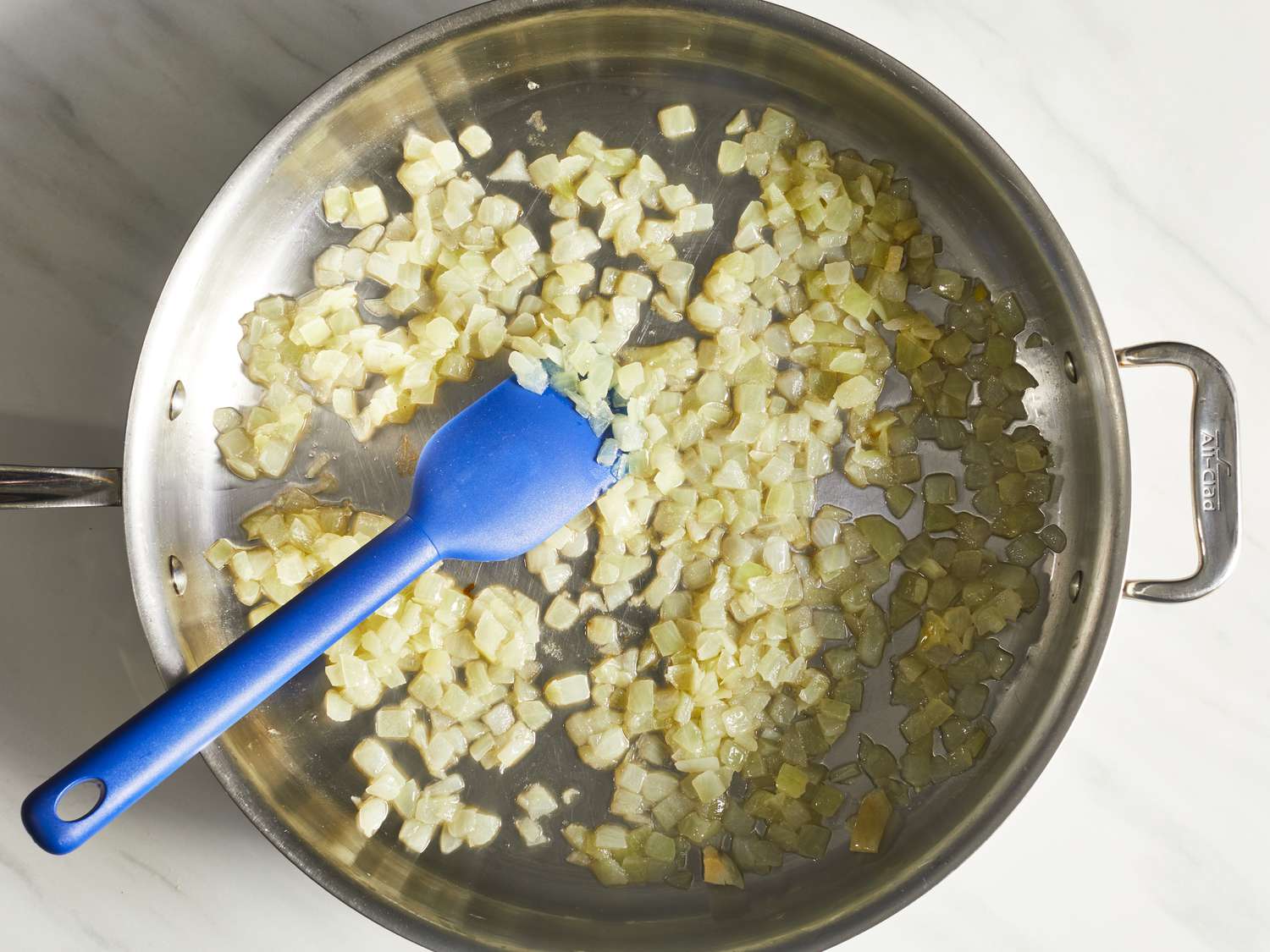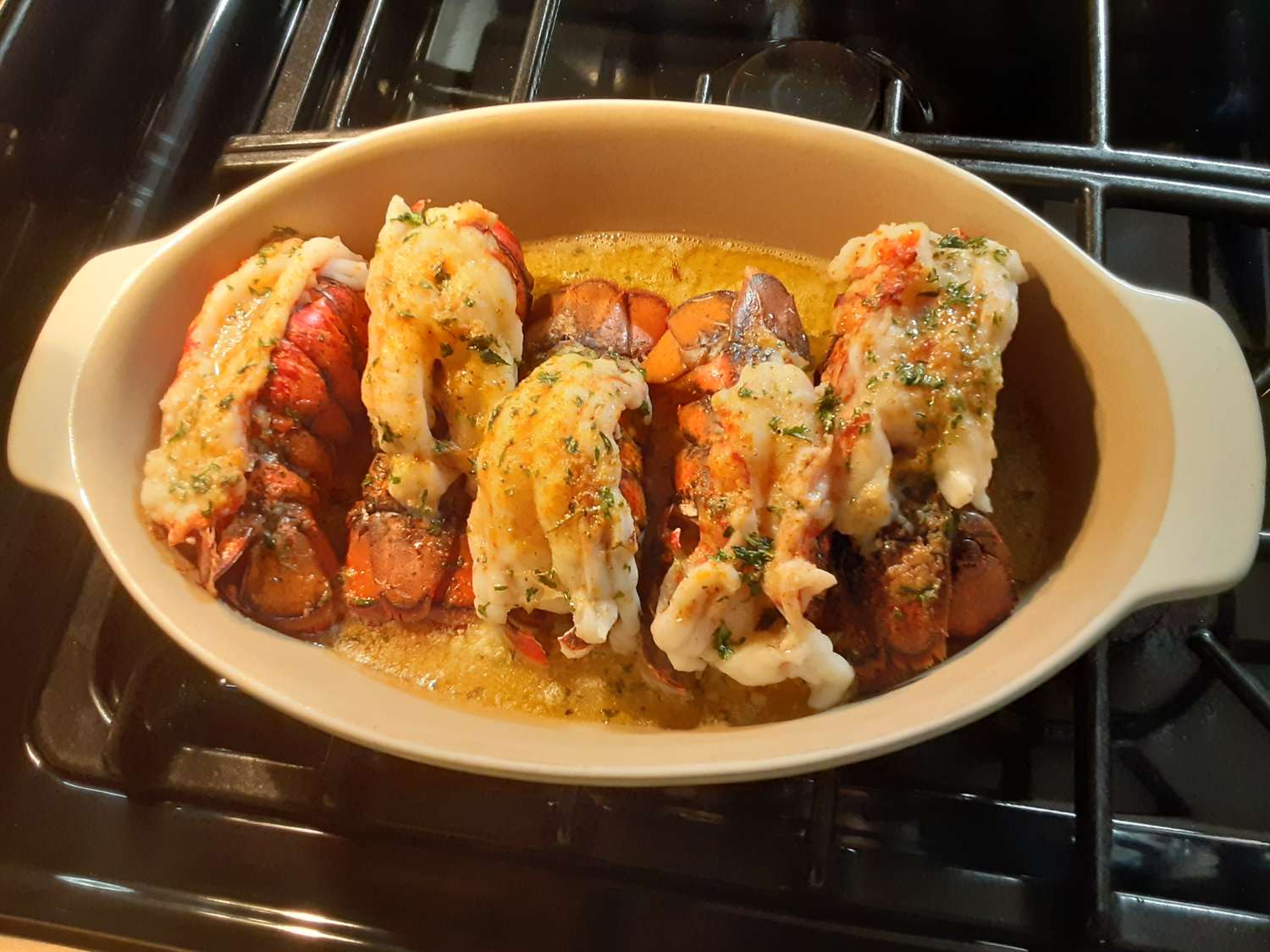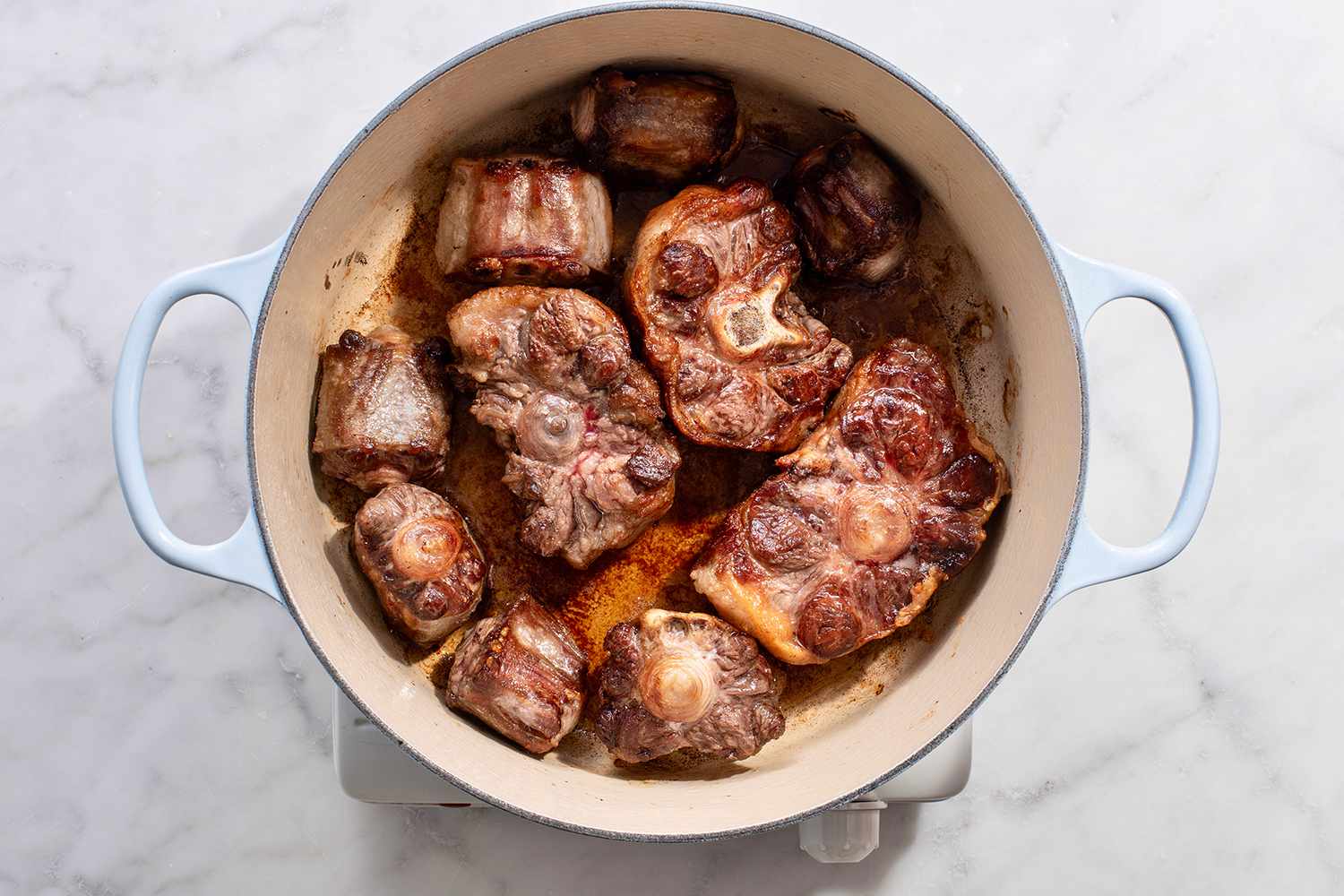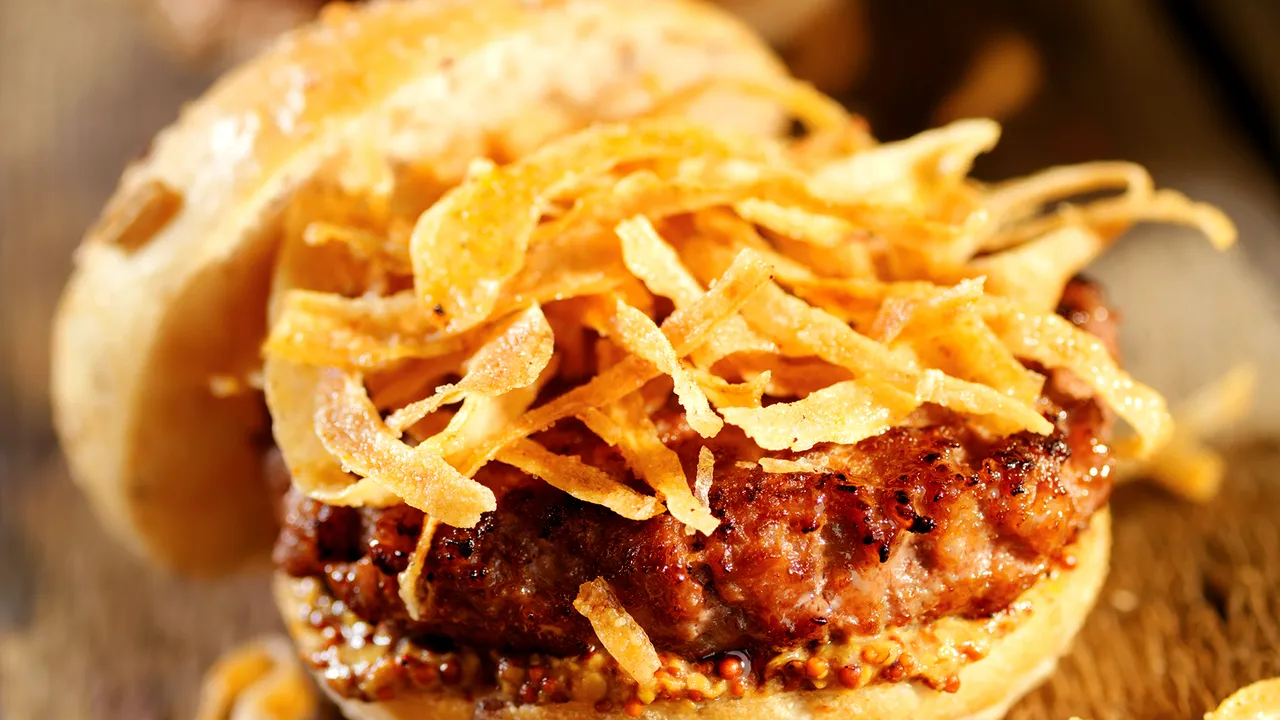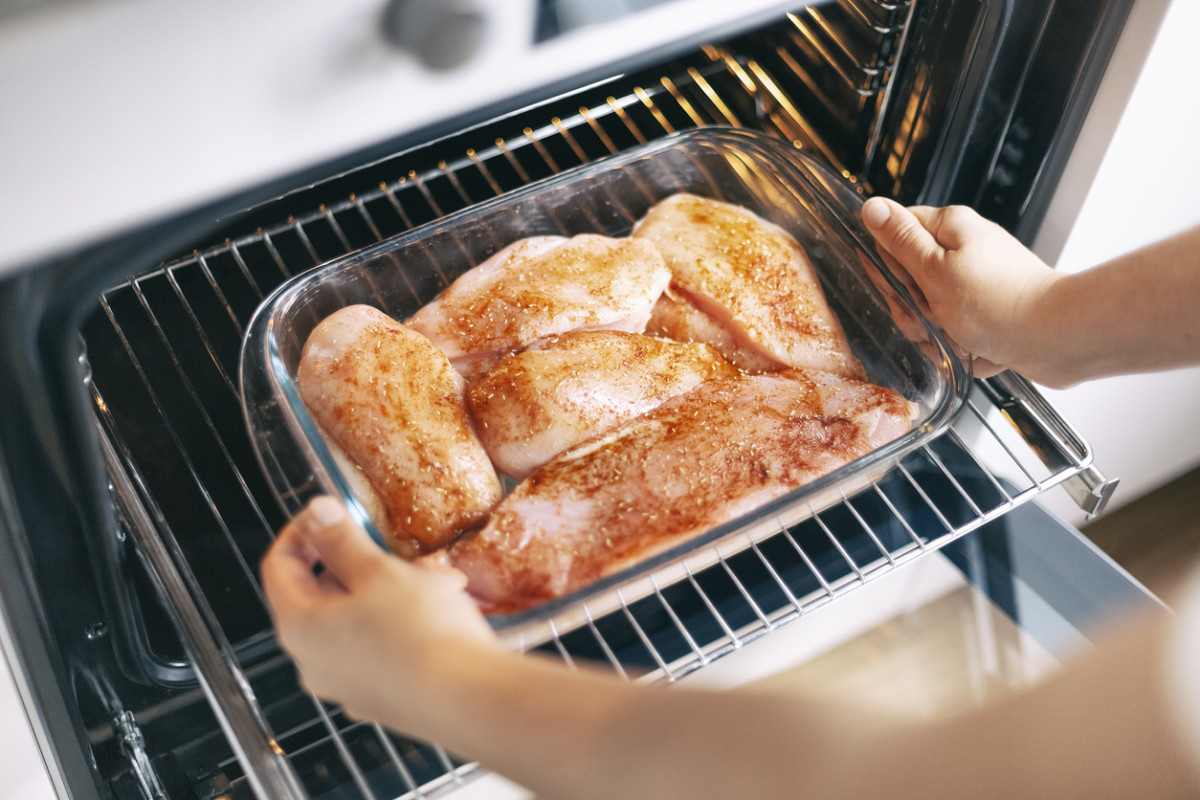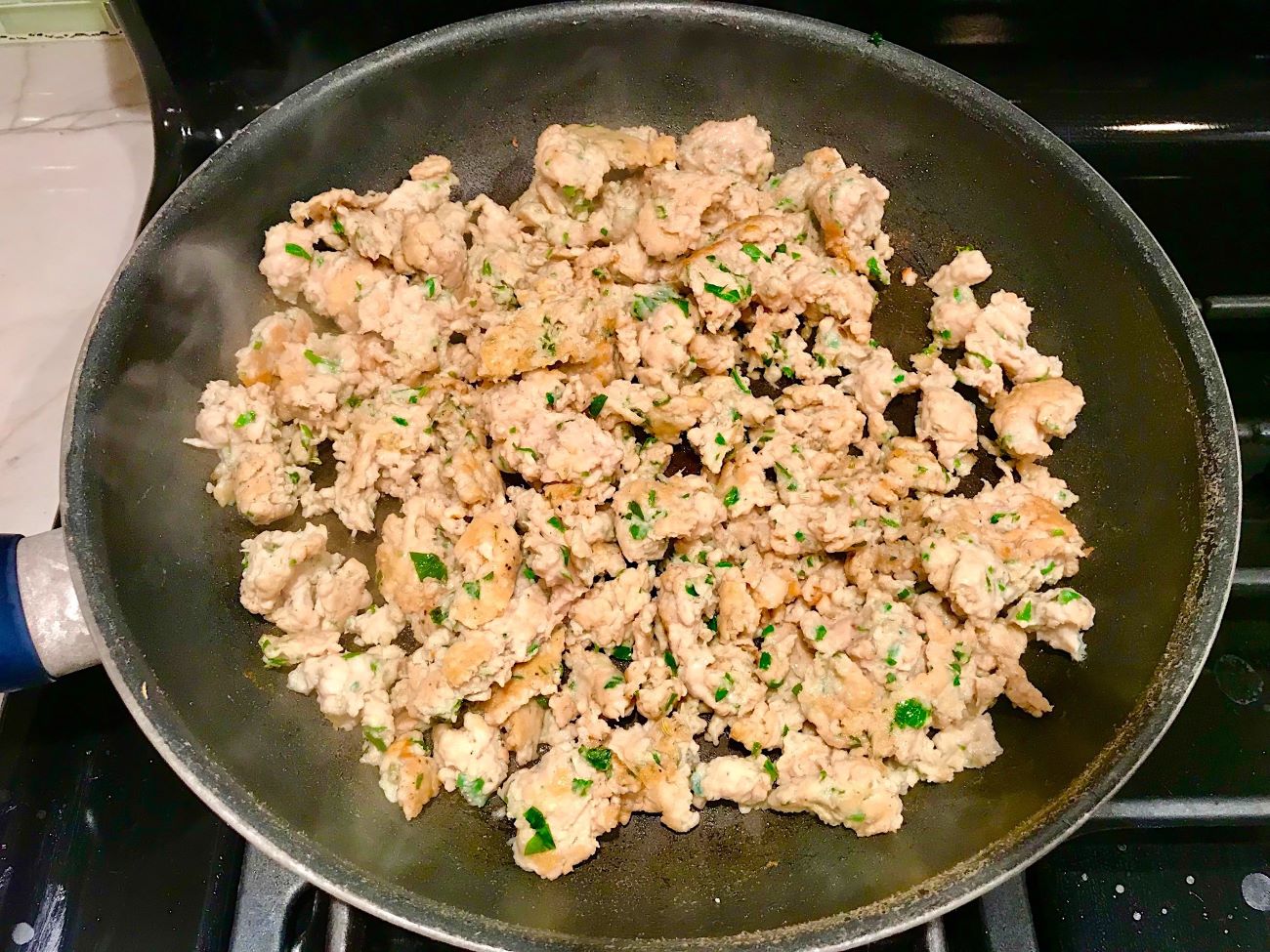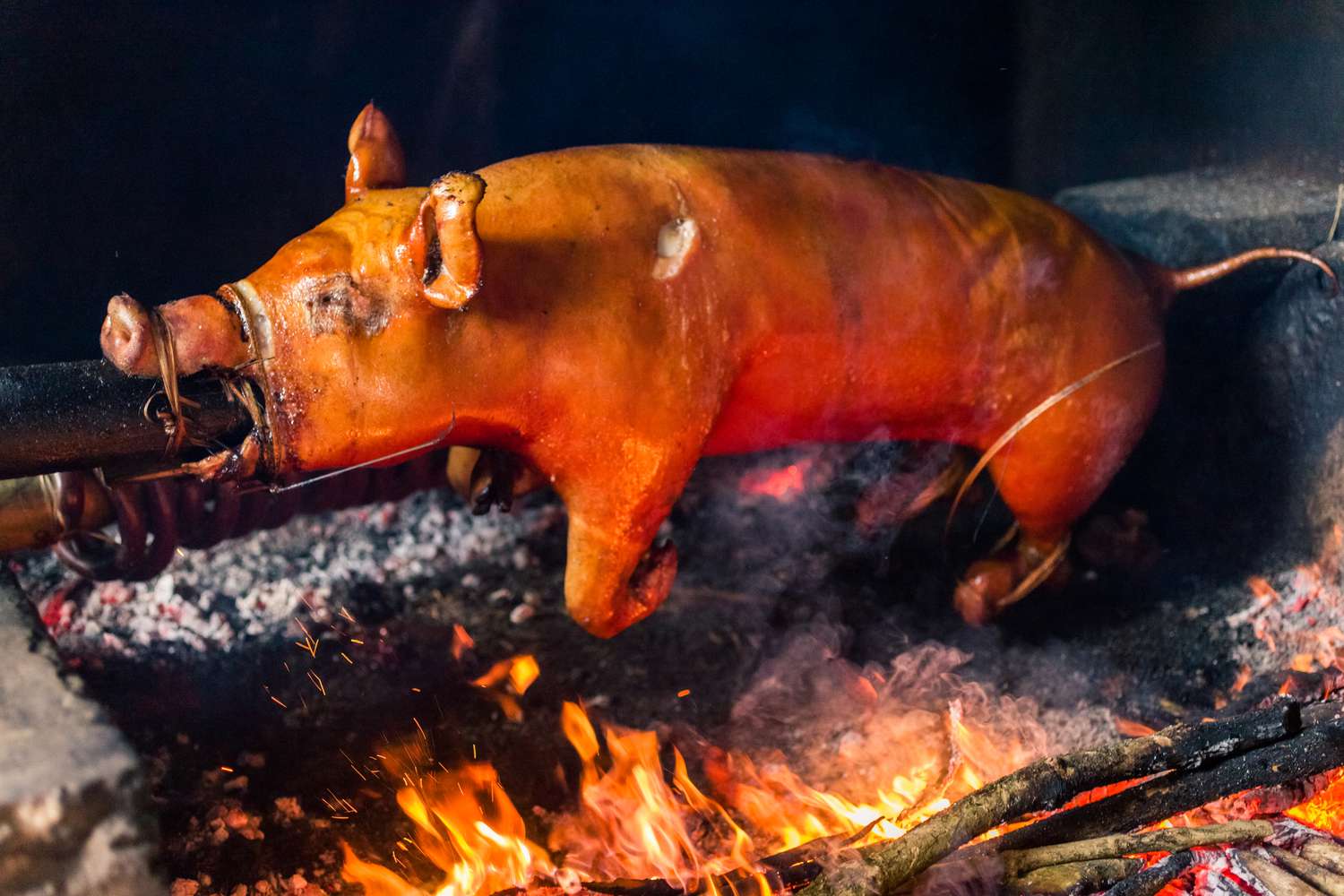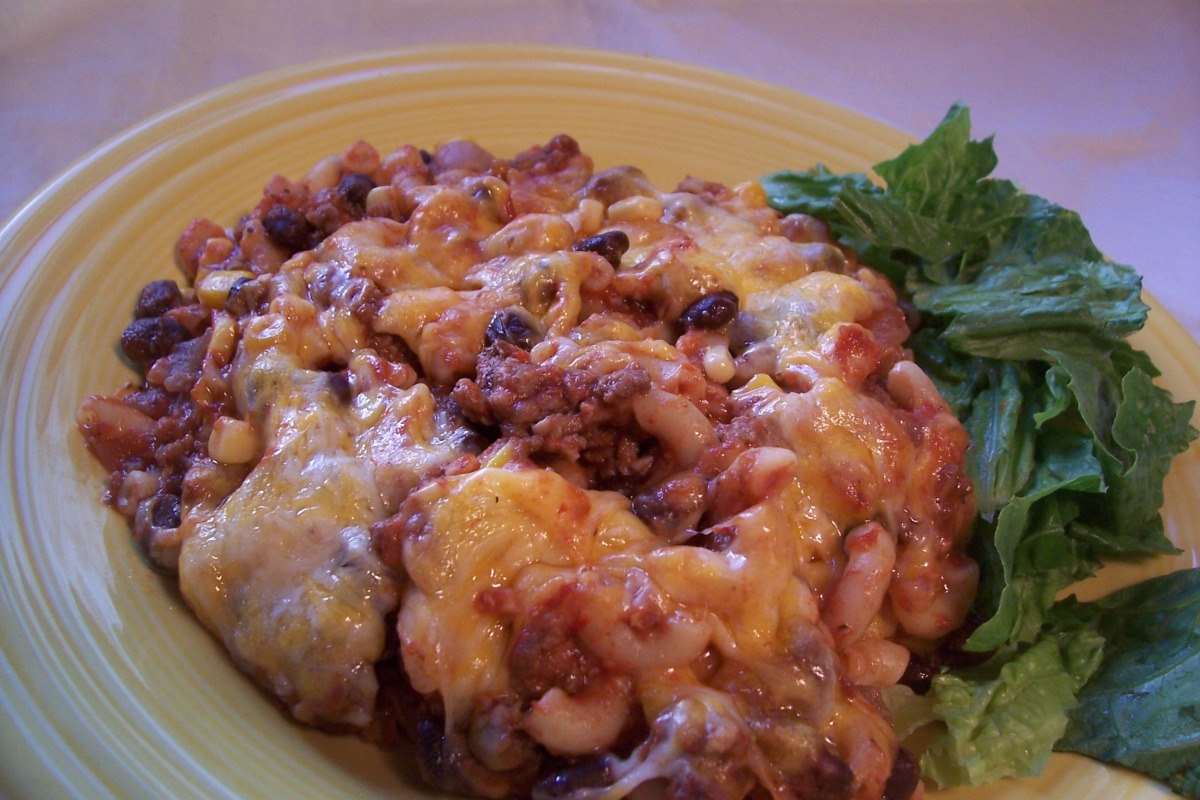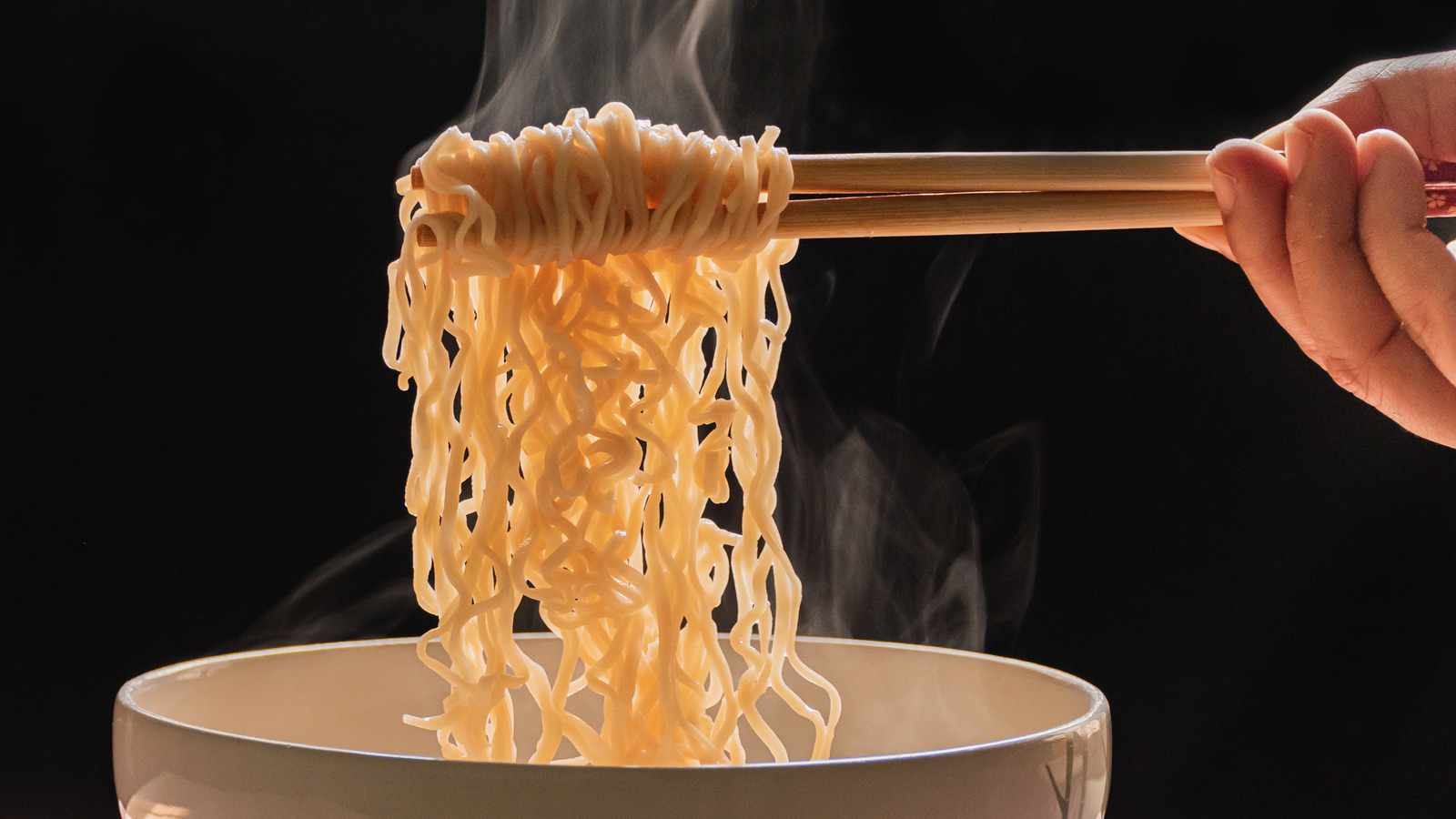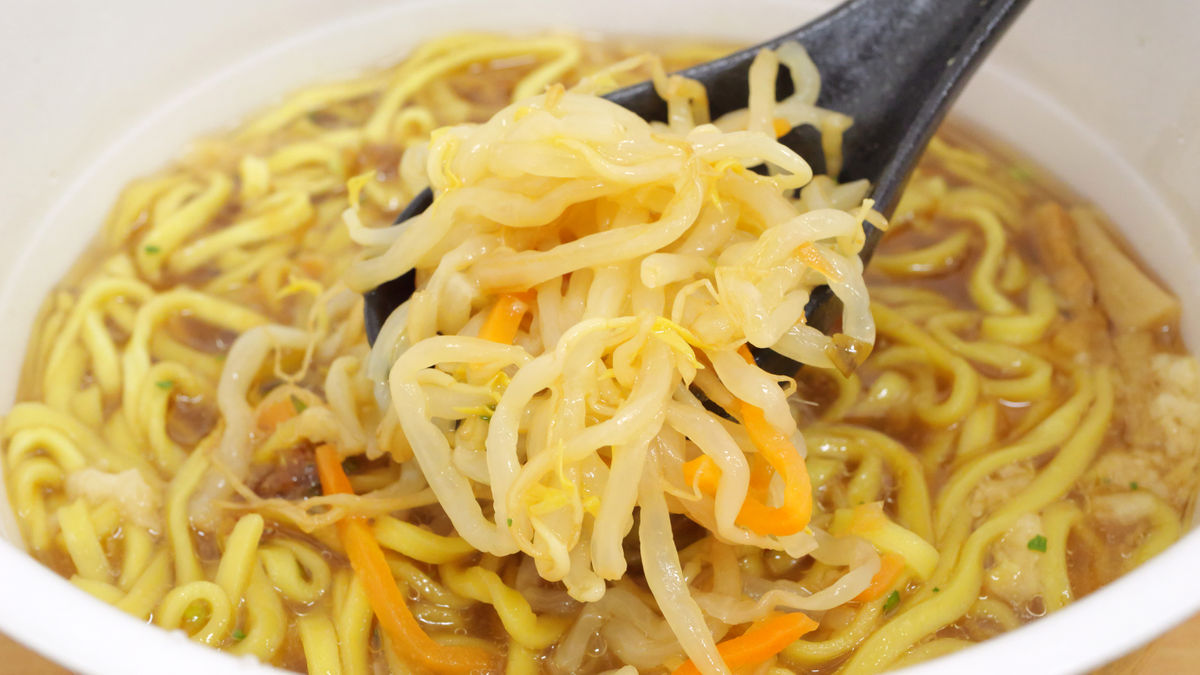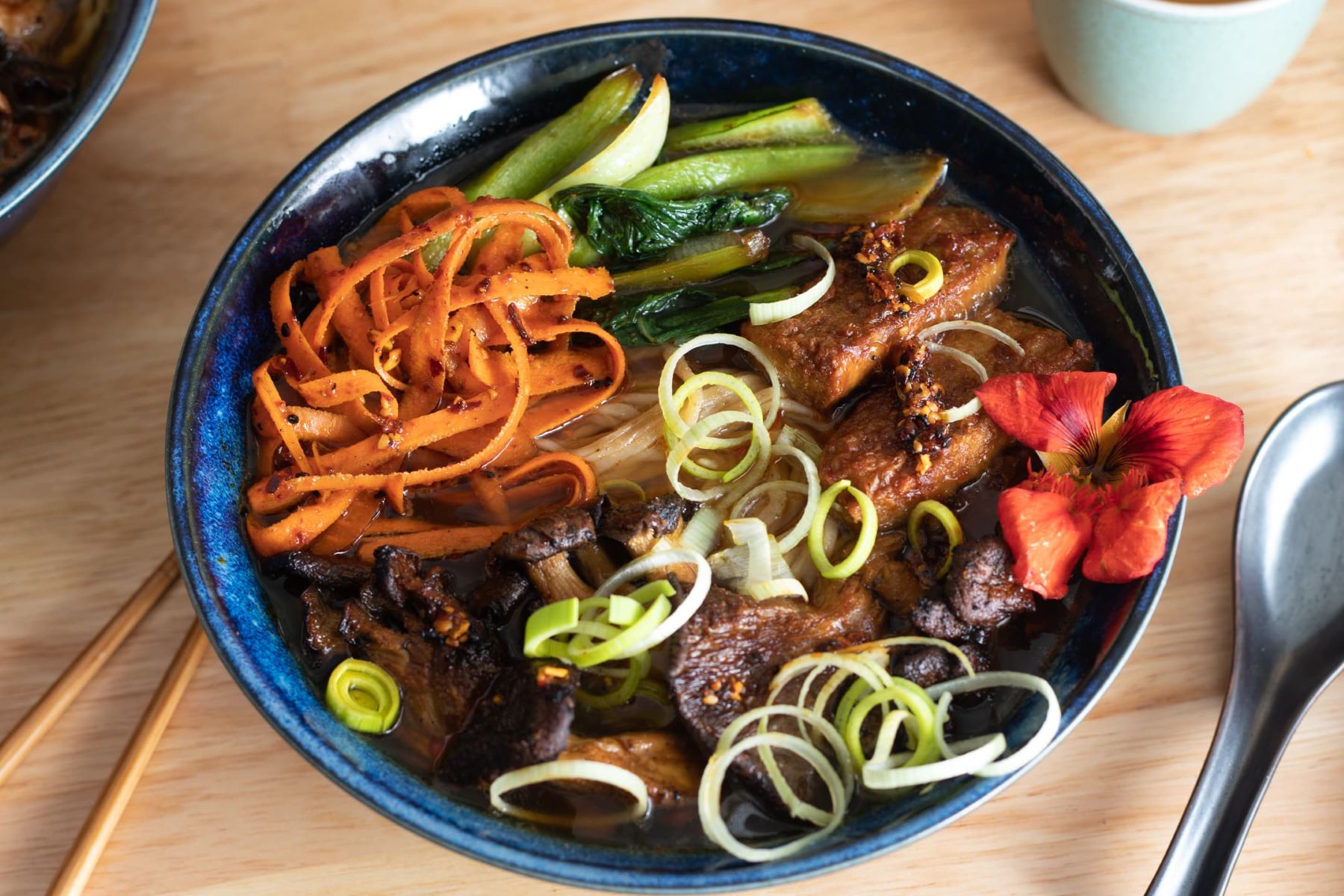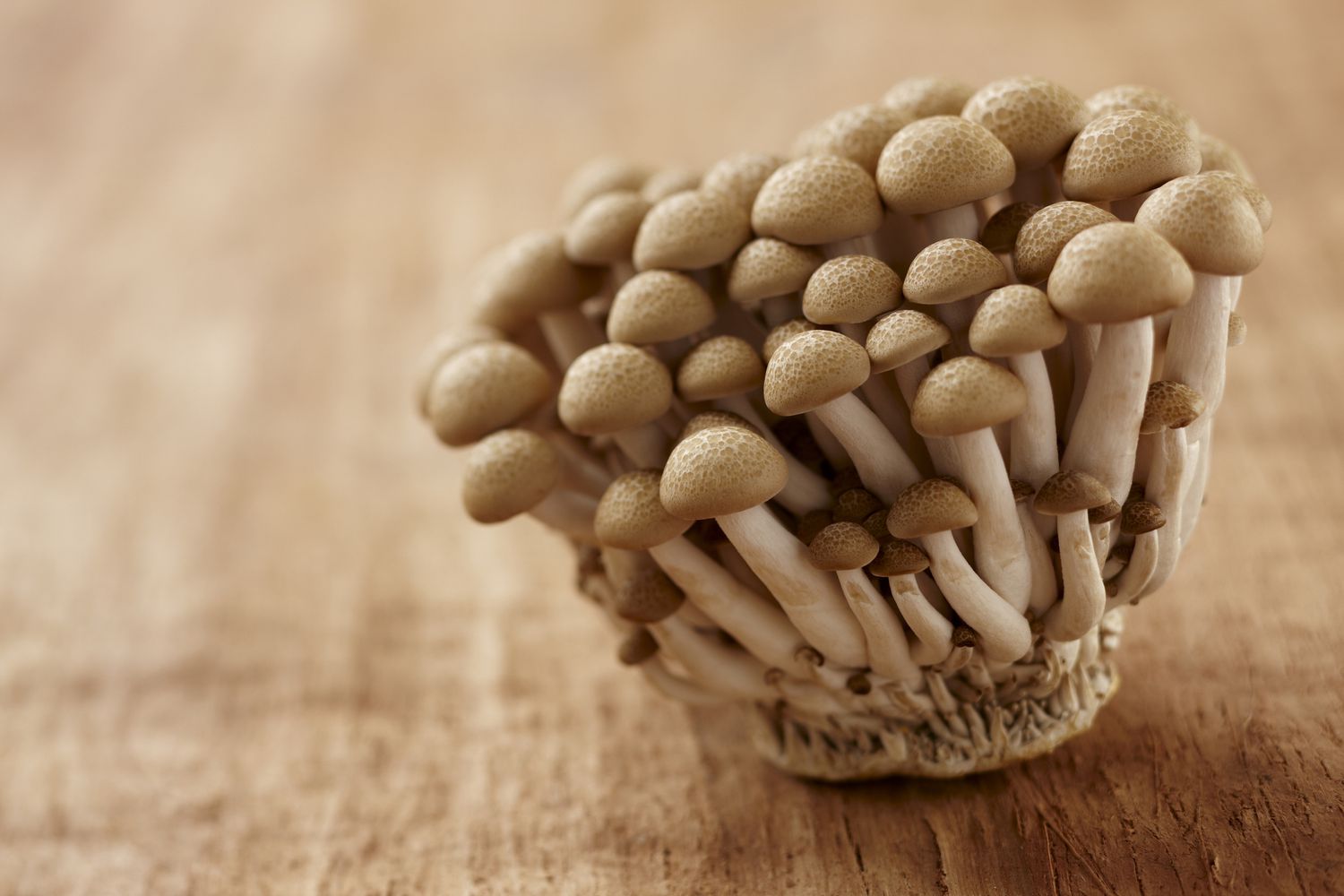How To Cook Liver And Onions In Gravy: A Delicious and Nutritious Recipe
If you’re looking for a hearty and flavorful dish, look no further than liver and onions in gravy. It’s a classic comfort food that will satisfy your taste buds and provide a nutritious meal. While some people may be hesitant to try liver, when cooked properly, it can be a real delicacy.
Choosing the Right Ingredients
Before we dive into the cooking process, let’s discuss the ingredients you’ll need:
- Fresh liver: Opt for high-quality liver, such as beef, chicken, or pork liver. Make sure it’s fresh and free from any blemishes or strong odors.
- Onions: Choose sweet onions, like Vidalia or Walla Walla, for a milder flavor that complements the liver perfectly.
- Seasonings: Salt, pepper, garlic powder, and thyme are essential for enhancing the flavors of your dish.
- Flour: All-purpose flour will help thicken the gravy and create a smooth texture.
- Butter or oil: Use either butter or oil for frying the liver and onions.
- Beef or chicken broth: This will add depth and richness to the gravy.
The Cooking Process
- Preparing the liver: Start by rinsing the liver under cold water and patting it dry with a paper towel. Remove any connective tissues or membranes if needed. Slice the liver into thin, even pieces.
- Caramelizing the onions: Slice the onions into thin rings. In a large skillet, melt butter (or heat oil) over medium heat. Add the onions and cook until they turn golden brown and caramelized, stirring occasionally. This process may take around 10-15 minutes.
- Frying the liver: While the onions are caramelizing, season the liver with salt, pepper, garlic powder, and thyme. Dredge each slice in flour, shaking off any excess. In another skillet, heat butter (or oil) over medium-high heat. Add the liver slices and cook for 2-3 minutes per side, until golden brown. Avoid overcrowding the pan to ensure even cooking.
- Making the gravy: Once the liver is cooked, remove it from the skillet and set it aside. In the same skillet, add a tablespoon of flour and cook for a minute, stirring constantly. Gradually pour in the broth while whisking to prevent lumps. Continue whisking until the gravy thickens to your desired consistency.
- Serving the dish: Place the liver back in the skillet with the gravy, tossing it gently to coat. Allow it to simmer for a few minutes to absorb the flavors. Serve the liver and onions hot, and ladle the savory gravy over the top.
Now you’re ready to enjoy a mouthwatering dish of liver and onions in gravy. The tender liver, sweet caramelized onions, and flavorful gravy all come together in a perfect balance of tastes. Serve it with a side of mashed potatoes or steamed vegetables for a complete meal.
Remember, liver is not only delicious but also packed with essential nutrients such as iron, vitamin A, and vitamin B12. So, don’t hesitate to give this traditional dish a try!
If you’re in search of a new recipe to add to your cooking repertoire, look no further than liver and onions in gravy. It’s a timeless classic that will impress your family and friends. Now go ahead, gather your ingredients, and let the flavors unfold in your kitchen!
If you're looking to try your hand at cooking liver and onions in gravy, there are some standout recipes you should definitely check out. For a classic experience, the Traditional Chicken Liver and Onions in Gravy Recipe gives you a taste of the old-fashioned favorite. Those who enjoy a bit of richness might gravitate towards Pork Liver and Onions with Rich Gravy Recipe, offering a hearty and satisfying meal. For a southern twist, the Southern-Style Liver and Onions in Gravy Recipe delivers a comforting, down-home feel. If you're in the mood for something creamy, the Liver and Onions in Creamy Mushroom Gravy Recipe adds a delicious twist with its mushroom-infused gravy. For a unique flavor profile, try the Spiced Liver and Onions with Herb Gravy Recipe, which brings a burst of herbs and spices to the plate. Adventurous cooks might enjoy the Liver and Onions in Red Wine Gravy Recipe or the Liver and Onions in Apple Cider Gravy Recipe for their sophisticated and slightly sweet notes. Each of these recipes offers a distinct take on liver and onions, making the cooking experience varied and exciting.
Was this page helpful?
Read Next: How To Cook Egg For 6 Month Old Baby
